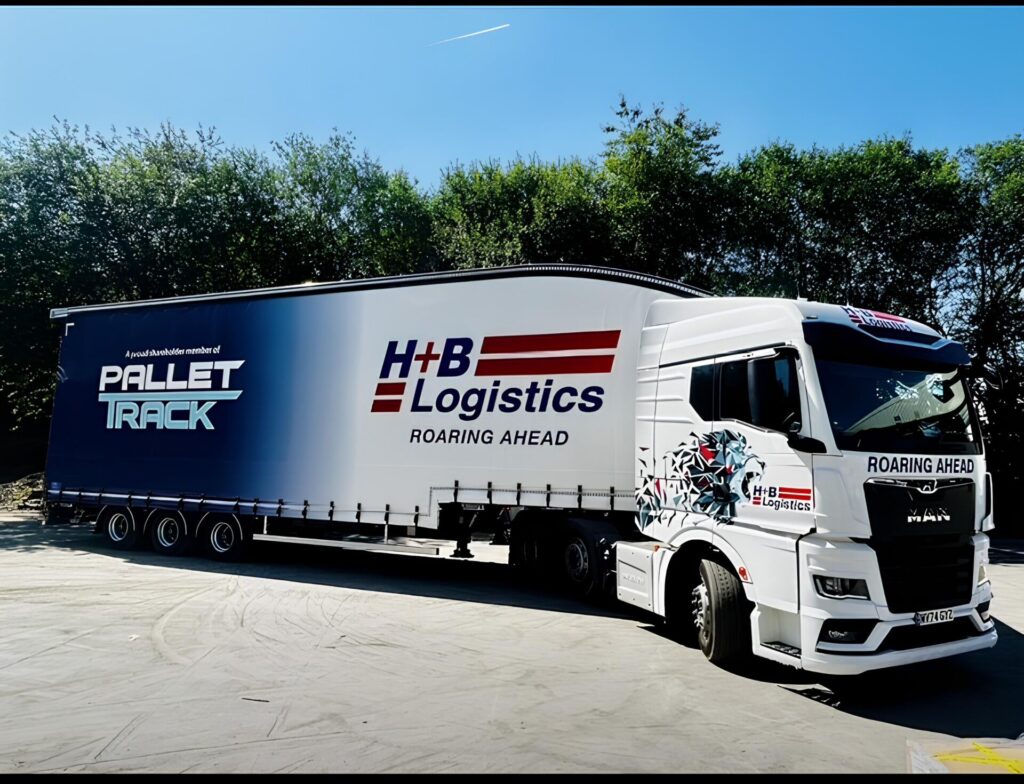Missing workforce data in annual reports is making it hard for investors and stakeholders to judge company value and risk, a new study found.
The Future of Workforce Reporting report from the Chartered Institute of Personnel and Development (CIPD) and Railpen looked at FTSE 100 annual reports, desk research and focus groups with investors and HR leaders.
It found that patchy workforce data is still stopping businesses from showing how they create value and manage risks tied to their people.
Only 38% of companies gave figures on turnover rate, and just one company reported its recruitment costs.
Only 10% disclosed total training spend, 33% gave apprenticeship data and 41% shared hours of training per employee.
Artificial intelligence (AI) skills training was mentioned by 13% and only 14% had an AI governance policy or strategy.
Just 15% provided absence rate information, while 39% shared details about mental health.
Only 27% reported on disciplinary, grievance or whistleblowing cases and just 10% gave reasons for them.
Peter Cheese, CEO of the CIPD, said: “The old adage of ‘what gets measured gets done’ has never been truer, but our analysis shows current workforce reporting practices too often aren’t providing internal or external stakeholders with sufficient evidence they need to make informed decisions.
“For instance, less than a fifth of firms provide any information on their contingent workforce, even though it often represents a very considerable cost and potential risk to the business.
“Organisations need to place greater emphasis on workforce matters when they’re considering their key performance indicators and risks to reflect that people issues, just as much as financial considerations, will decide whether a business is successful over the long-term.”
Cheese added: “Greater standardisation of key people management metrics are being increasingly encouraged by standards bodies, investors and regulators, and the people profession needs them to show value and impact of people and organisational investments and initiatives.”
Caroline Escott, head of investment stewardship and co-head of sustainable ownership at Railpen, said: “Effective workforce management is a highly material factor for investors to consider.
“A motivated, fulfilled and content workforce is integral to generating sustainable financial returns, while clearly being a desirable goal in its own right.
“It is essential that companies improve their workforce reporting practices to be able to show their successes where they are happening, and to confidently address concerns where workforce challenges arise.”
Escott added: “For our part, investors want to support companies that effectively manage their people, and without more accurate and standardised reporting, it can be difficult to understand how a company is working to do this.
“Our longstanding partnership with the CIPD combines the company and the investor perspective, demonstrating strong alignment across the value chain on the worth of the workforce.
“This latest report provides practical and clear recommendations for both companies and policymakers so that they can improve workforce reporting standards and achieve an approach to the workforce that supports long-term value creation.”
The report recommends firms put a standalone people section in annual reports, as only 53% currently do.
It said minimum standards are needed, covering workforce make-up, wellbeing, pay, employee voice and skills, with clear and comparable metrics linked to business outcomes.
The International Sustainability Standards Board’s work on baseline workforce disclosures could be a future framework.
The Financial Reporting Council was also urged to look at giving more guidance on workforce data, to help firms improve the way they report on people and make it easier to compare across businesses.

















